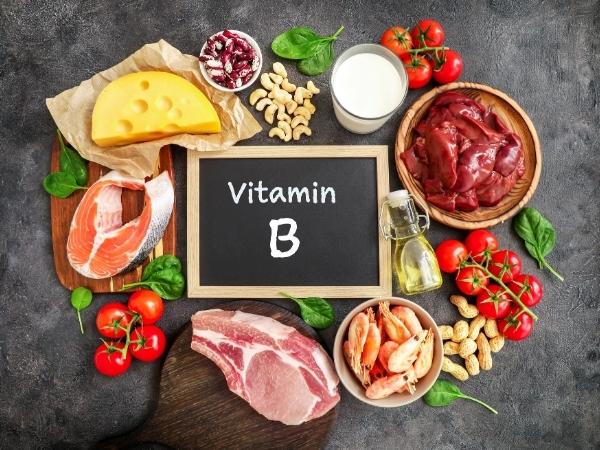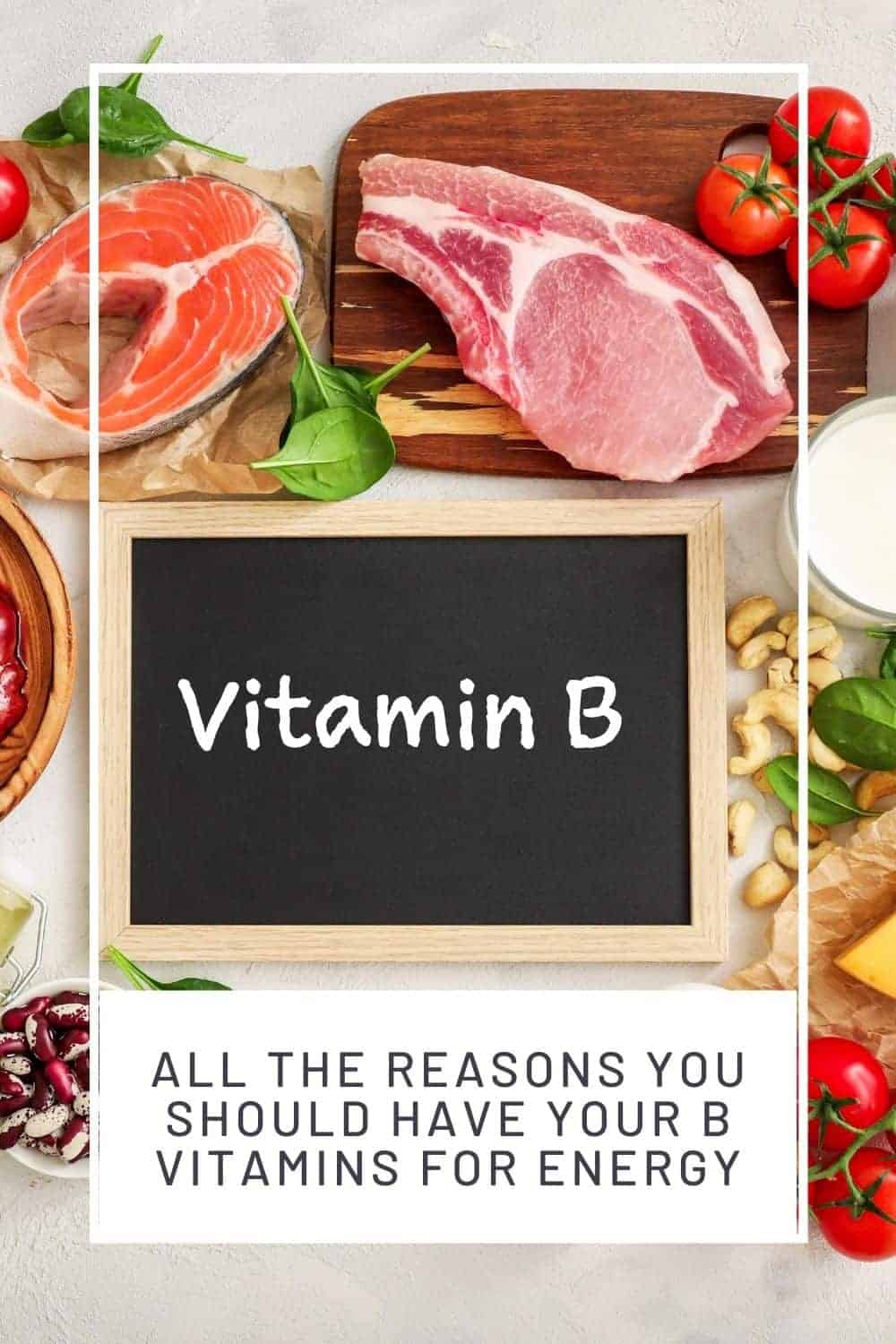All the reasons you should have your b vitamins for energy
B vitamins play a key role in many bodily functions, including energy production. Learn about consuming more of these vitamins for energy.

B vitamins are needed for a variety of bodily functions, including fat metabolism, brain function, healthy skin, and the immune and digestive systems.
Certain B vitamins can also increase energy, and including foods that contain them in your diet may help keep your energy up all day.
Vitamins for Energy
The B vitamins involved in energy production are vitamins B1 (thiamine), B3 (niacin), B5 (pantothenic acid), and B12 (cobalamin).
B vitamins are water-soluble, meaning any excess is removed from the body. These vitamins must be replaced on a daily basis in some way, either through food or supplementation. Getting these B vitamins through your diet is the optimal way to obtain them.
Increase Energy with Foods High in B Vitamins
Although B vitamins are found in a variety of foods, you may find eating a balanced diet that specifically includes those foods high in energy-producing B vitamins can help keep your energy levels up throughout the day.
Consider where you can get these vitamins from in your food before buying supplements.
Food sources of these include:
Vitamin B1
Vegetables such as asparagus, cauliflower, and courgette are good sources of vitamin B1. Other sources of vitamin B1 include whole grains, brown rice, and oats.
Vitamin B3
Breakfast cereals are often fortified with niacin and make for an excellent source of this vitamin. Lamb, chicken, nuts, mushrooms, salmon, tuna, turkey, and whole grains are rich in vitamin B3.
Vitamin B5
Many foods contain vitamin B5, including bran, brown rice, chicken, eggs, peas, hazelnuts, peanuts and walnuts, broccoli, and Brussels sprouts. Another excellent source of vitamin B5 is wheat germ.
Vitamin B12
Excellent sources of vitamin B12 include beef liver, clams, and B12-fortified bowls of cereal. Other sources are salmon, trout, and red meat.
Even though increasing the consumption of B vitamin foods may boost energy, just eating more foods rich in this will not make up for an otherwise inadequate or unhealthy diet.
Find the Cause of Low Energy Levels
While eating a healthy, balanced diet that includes vitamins for energy goes a long way towards boosting energy levels, exercise, drinking enough water, and getting enough sleep can also impact your energy level throughout the day.
Also, you may have a medical condition that is causing your low energy levels. Consult with a doctor about your low energy levels before starting any new diet or exercise program to rule out any underlying medical conditions.
Other articles you might find helpful
If you are interested in nutrition and keep a check on what vitamins and minerals you have these articles may also be helpful.
- Everything you need to know about Iron and Iron-rich foods
- Vitamin B12, everything you need to know
- Vitamin D guide
- Signs of vitamin deficiency in kids
- The importance of vitamin A in a diet
- The nutritional value of cranberries
- Calcium – all you need to know about calcium-rich foods
